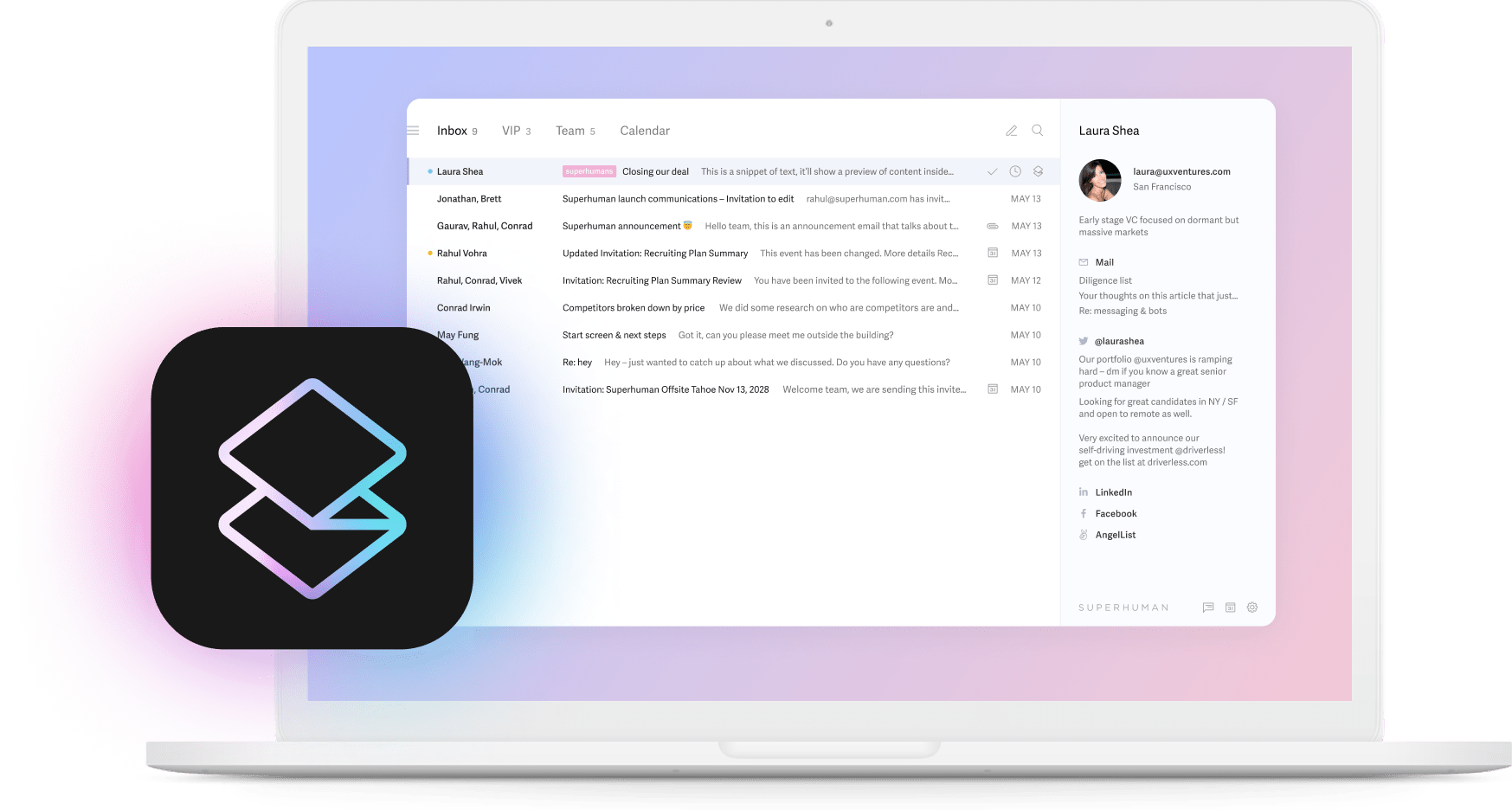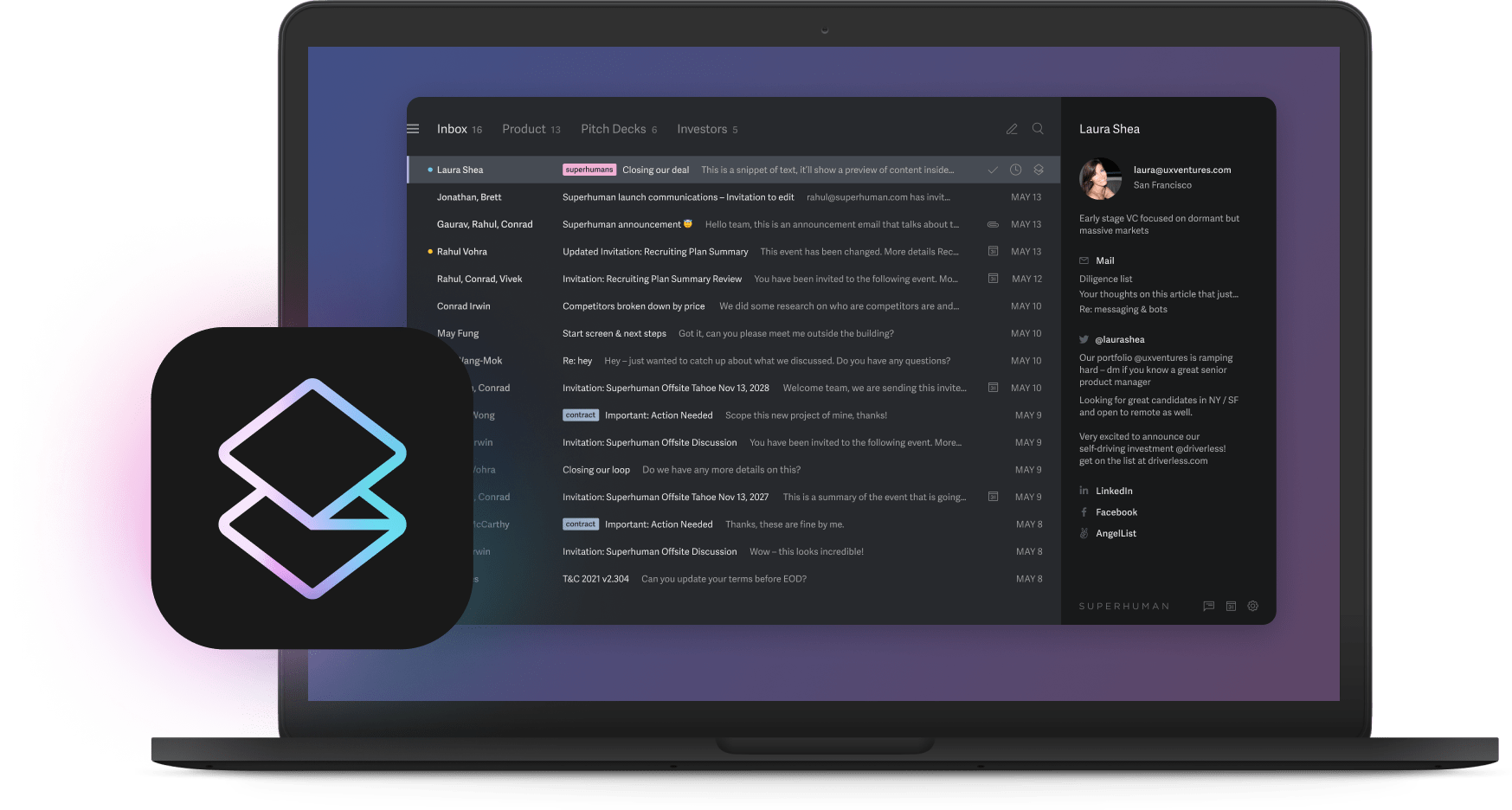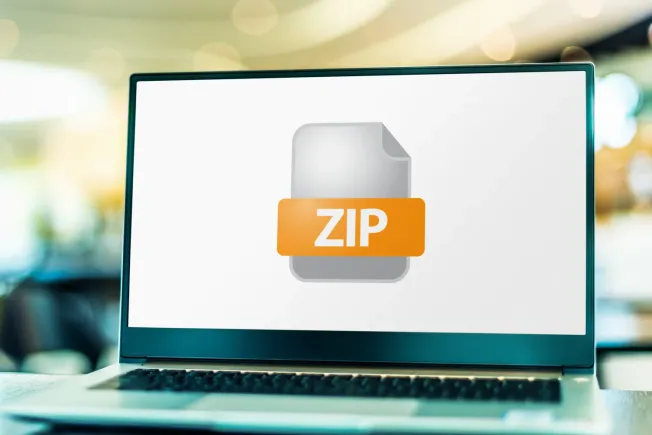
By 2028, AI will make 15% of your daily work decisions without you. That might sound terrifying or liberating, depending on how much you enjoy deciding which emails deserve responses and which vendors to pay first. Some companies already figured out how to hand off routine choices while keeping control of what matters.
If you're one of them, you've discovered something counterintuitive. AI that decides things within limits you set actually gives you more control, not less. While everyone else drowns in email and admin work, you focus on strategy and growth because your AI handles the predictable stuff.
What makes an agentic AI leader?
The best leaders think about AI completely differently. They don't see it as a fancy tool to speed up existing processes. They redesign how work gets done around AI that can think through problems and take action.
Consider how top companies approach integration. Instead of bolting AI onto broken workflows, they identify where AI decisions create the biggest impact, then build from there. The most successful implementations start small but think big, embedding AI into critical business processes rather than treating it like a side project.
This requires a fundamental mindset shift. Traditional managers spend their days making hundreds of small decisions and reviewing other people's work. AI-forward leaders set clear boundaries and goals, then let AI execute within those guardrails. Teams collaborating with AI save 105 minutes every day, which basically gives everyone an extra Friday to focus on work that actually requires human creativity.
The best implementations ensure AI operates within established ethics and compliance frameworks. They build guardrails that maintain human oversight over critical decisions while empowering AI to handle routine operations on its own.
The scaling approach distinguishes leaders from companies running isolated pilot programs. Smart organizations architect AI integration from day one, ensuring it works with existing data and team processes.
The numbers tell a compelling story
AI adoption isn't coming someday. Nearly half of tech executives already use AI that makes decisions across their organizations. Even more telling, 81% feel optimistic about the business impact and ROI potential.
This confidence comes from real results. Early adopters report massive time savings, faster decision-making, and dramatically improved operational efficiency. When your AI can handle routine decisions while you focus on strategy, the productivity gains compound quickly across your entire organization.
Gartner calls agentic AI the top strategic technology for 2025, predicting AI decision-making will become standard business practice by 2028. This timeline means you need to move now or risk falling behind competitors who already started.
The enterprise validation is undeniable. Major companies like AT&T, IBM, and Microsoft moved beyond pilot programs to production-scale deployments. Their implementations save real money while providing the operational foundation for AI-driven business processes.
The 12 platforms reshaping how business works
Understanding the agentic AI ecosystem helps you choose the right tools for your specific goals. Each category addresses different enterprise needs, from workflow automation to foundational AI research.
Enterprise workflow automation:
- Moveworks — Handles thousands of employee IT and HR requests automatically, learning from every interaction to get smarter
- Aisera — Provides ready-made AI that plugs into your existing business systems without breaking anything
- UiPath — Combines traditional automation with smart AI to handle both simple tasks and complex business processes
Business process optimization:
- Beam.ai — Specializes in making your core business operations run themselves through AI automation
- Adept — Builds AI that works across supply chain, healthcare, and finance applications like a really good assistant
- Relevance AI — Offers modular frameworks that adapt to your specific document processing and analysis needs
Industry-specific solutions:
- SAP Joule AI — Integrates deeply with enterprise business processes, especially if you already use SAP systems
- Ampcome — Delivers multi-AI collaboration with the security frameworks that regulated industries actually need
- NVIDIA — Provides the building blocks and edge AI solutions for companies that want to customize everything
Foundational AI innovation:
- OpenAI — Develops the underlying AI capabilities that power many other platforms and applications
- Anthropic — Focuses on building AI that's safe and beneficial, with enterprise-ready capabilities
- DeepMind — Advances the fundamental research that drives next-generation AI
Choosing the right platform requires evaluating how well it works with your existing tools, security frameworks, learning abilities, and support for non-technical team members who want to build and maintain AI.
Try SuperhumanWhat separates you from everyone else
Successful AI implementation comes down to specific capabilities that deliver real business impact. You evaluate platforms based on measurable outcomes, not impressive technical specifications.
Cost efficiency and measurable ROI:
- Generate quantifiable time savings that multiply across your organization
- Sales teams using AI save up to two hours daily on administrative tasks
- Free your people to focus on coaching, strategy, and customer relationships instead of busy work
Works with what you have:
- Connect with your CRM, communication tools, and workflow applications without extensive customization
- Feel like natural extensions of current processes rather than completely new systems to learn
- Eliminate the friction that typically kills AI adoption in most organizations
Security, compliance, and governance:
- Ensure AI operates within your established regulatory frameworks
- Maintain clear audit trails for AI decisions and transparent decision-making processes
- Include robust data protection, access controls, and compliance requirement satisfaction
Continuous learning and adaptability:
- Improve automatically by learning from every interaction and user feedback
- Adapt as your business processes change without requiring manual reconfiguration
- Scale across departments while maintaining effectiveness and accuracy
Citizen developer empowerment:
- Enable non-technical team members to build and maintain AI independently
- Reduce dependence on IT resources while spreading AI capabilities throughout your organization
- Accelerate adoption through democratized access to AI development tools
How to become an agentic AI leader
Building AI leadership requires balancing ambition with practical implementation. The most successful organizations follow proven strategies that minimize risk while maximizing impact.
Phased adoption strategy:
- Start by understanding AI fundamentals and identifying high-impact use cases where AI decisions deliver immediate value
- Build and test custom AI in controlled environments to validate effectiveness before scaling
- Expand successful workflows across departments systematically to reduce complexity and build organizational confidence
Cultural transformation priorities:
- Foster innovation and human-AI collaboration by demonstrating how AI enhances rather than replaces human capabilities
- Prioritize transparency, ethics, and accountability in AI decision-making to build trust throughout your organization
- Create responsible deployment frameworks that ensure sustainable adoption across teams
Platform investment criteria:
- Choose solutions that offer modular, ready-made AI while supporting customization for your specific business needs
- Invest in platforms that support continuous learning and adaptation to deliver long-term value
- Select tools that grow with your organization, scaling capabilities as requirements evolve without requiring complete replacement
Success measurement framework:
- Track time savings, efficiency gains, and decision-making improvements to demonstrate tangible business value
- Measure and communicate ROI consistently to drive executive buy-in and enterprise-wide adoption
- Build momentum by celebrating implementation wins and learning from challenges to guide future expansion
The autonomous enterprise is already here
The most successful leaders share something in common. They understand that AI decision-making creates competitive advantage in an increasingly complex marketplace. While their competitors debate whether AI is ready for business, these companies already use it to transform email, sales, operations, and strategic decision-making.
These organizations think strategically about AI integration, focus on measurable business outcomes, and create cultures that embrace human-AI collaboration. They invest in platforms that scale with their ambitions while maintaining the security and governance standards that enterprise operations require.
The window for establishing AI leadership is open right now, but windows don't stay open forever. If you're ready to move, follow proven practices and learn from the companies already succeeding. Organizations that act decisively will unlock the full potential of AI-driven business operations. The companies that wait will find themselves competing against organizations that already transformed how work gets done.
The autonomous enterprise isn't a distant vision. We're building it today, one decision at a time.





